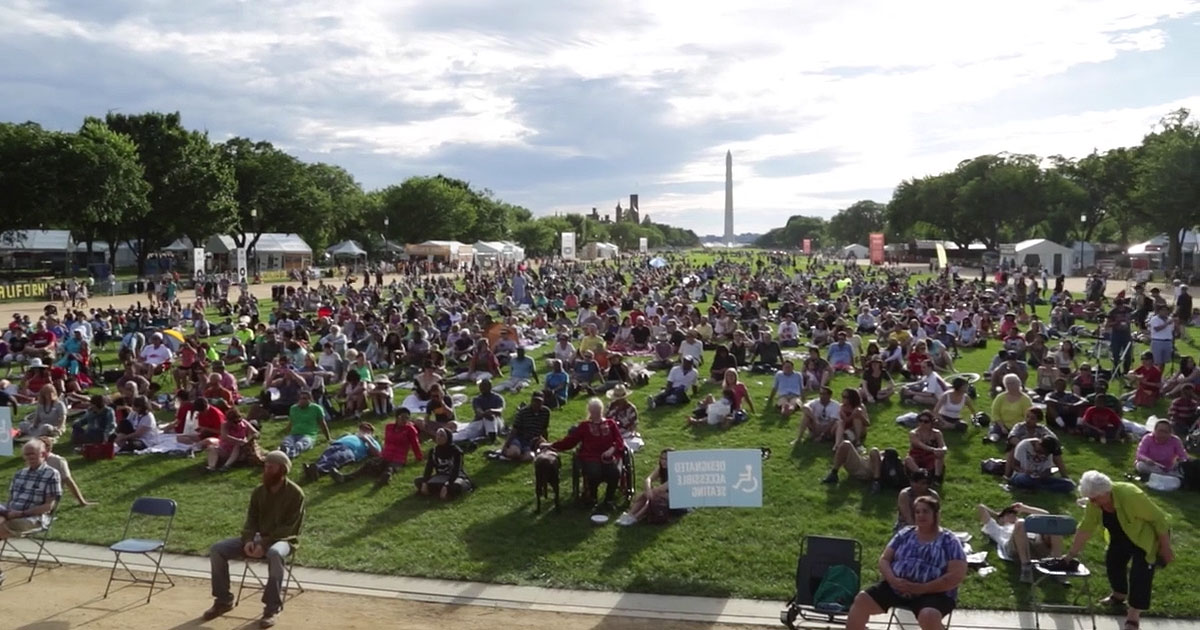Introduction
Occupying a significant swath of the western edge of the United States, facing the Pacific, and emerging from a historically significant exchange with Latin America, California is a crossroads. It continues to be shaped by the conflict, creativity, and energy of people creating a home in a region whose cultural and social ground is as ever shifting as its geology.
Among the fifty states, California is the most populous and one of the most diverse, comprised of people who have emigrated from all parts of the globe. It is home to the largest Native American population, one of the largest populations of people who identify as mixed race, as well as people whose families migrated to the state generations ago.
Today, at a time when public discussion around immigration is clamorous, one in four immigrants in the U.S. lives in California. No single racial or ethnic group forms a majority in the state, and foreign-born residents represent more than a quarter of California's total population.
At the 2016 Folklife Festival, Sounds of California presented a series of evening concerts as well as daytime performances and activities, offering a glimpse into how musical culture mirrors the movements reshaping the state and the nation today. We featured artists who contribute to the soundscapes of California, who demonstrate the social power of music and cultural heritage.
While rooted in the terrain of their communities, these artists work across borders—in many senses. They sustain traditions to bridge distant homelands to their present homes. They remix traditions to forge new variations and collaborations. They deploy traditions to engage and invite others to action.
These resilient artists cultivate community by both tending to and extending beyond what is near and familiar, honor tradition while looking forward, and contribute to creating a diverse, resonant landscape.
This program was co-produced with the Alliance for California Traditional Arts, Radio Bilingüe, the Smithsonian Asian Pacific American Center, and the Smithsonian Latino Center. Presenting partners included the Aga Khan Music Initiative, Tumo Center for Creative Technologies, and My Armenia, a collaborative project between the people of Armenia, USAID, and the Smithsonian Institution. The program received Federal support from the Latino Initiatives Pool, administered by the Smithsonian Latino Center, and the Asian Pacific American Initiatives Pool, administered by the Smithsonian Asian Pacific American Center. Other supporters included the Sakana Foundation and Smithsonian Grand Challenges Consortia for the Humanities.







